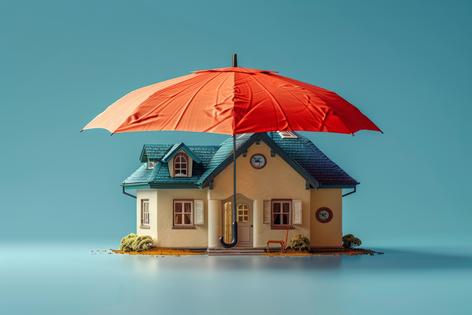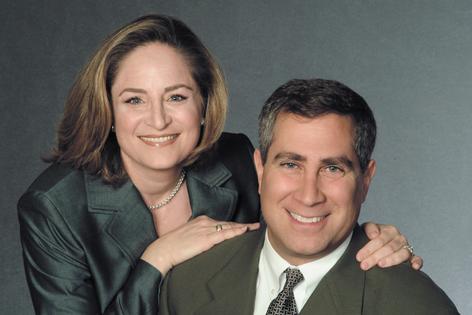Can your association’s management company require all property owners carry homeowners insurance?
Q: I read your column in our local Florida newspaper. I live in a community with all villas which are attached to one another. I recently got an email from our community’s management company that said homeowners insurance was required on each property.
I have lived in the development for over 20 years and never gotten this before. They have not required proof of insurance, and since I own my place outright, I was thinking of dropping the insurance, as it was getting very expensive. From what I understand, the insurance really does not cover the damage done to a property — I saw this on TV — and insurance companies seem to be adjusting their payout figures to give less than what insurance adjusters recommend.
Can the management company require all property owners to carry homeowners insurance, and what would be the consequences if I do not?
A: The short answer to your question is that community associations and other homeowners associations can require that their homeowners carry homeowners insurance for their unit. This requirement is generally, if not always, spelled out in the association’s governing documents.
For example, the association’s governing documents likely has a whole section setting forth the requirements for the coverage that the association needs for common property (like a garage or clubhouse), as well as the requirements for individual owners.
It makes sense for community associations to require their members to carry insurance. The association won’t care if their members have insurance coverage for their jewelry and other personal items, but does want to make sure members have the means to rebuild if the building burns down or is damaged one way or another. If one homeowner does not have insurance and can’t rebuild a home, the community will have a gaping hole in it where that home stood.
In high-rise condominium buildings, the condominium association will want homeowners to carry insurance to cover damage they may cause to other units should something happen in that unit owner’s place. Let’s say one unit owner’s washing machine breaks and floods several unit owners places below them. The association will want all unit owners to have insurance for liability coverages. Likewise, if a unit has a fire, the association will want to know that the unit owner has insurance to clean up the fire and restore the unit to a livable condition.
In your situation, your development has many homes and many of those are attached to each other. If one goes down, the association will want to know that the villa owner has the money to rebuild it and keep the same look and feel to the community. And, while you have no mortgage on it, the association can’t assume that you have the cash to rebuild the villa after a fire or other casualty.
We understand that Florida is going through an insurance crisis and that premiums have gone up exponentially over the last several years. It’s happening in other states as well. But each homeowners association has an obligation to follow their governing documents and make sure that the community’s best interests are maintained.
On the issue of how and what insurance companies pay for filed claims, that’s a different story. Some insurance companies are better than others. We suspect that some, or maybe even most, insurance companies will try to pay out the lowest amount they can to save money. They may not even be fair with the way they go about it. But that’s an issue policy holders will have to pursue using available legal remedies against those companies. That issue has no bearing on the community association’s requirements to have insurance coverage.
We feel for homeowners who are experiencing a dramatic rise in insurance premiums due to the increasing number of catastrophic climate disasters. But it’s far worse to find yourself uninsured in the middle of a hurricane, a 30-inch rainstorm, or an out-of-control forest fire.
========
(Ilyce Glink is the author of “100 Questions Every First-Time Home Buyer Should Ask” (4th Edition). She is also the CEO of Best Money Moves, a financial wellness technology company. Samuel J. Tamkin is a Chicago-based real estate attorney. Contact Ilyce and Sam through her website, ThinkGlink.com.)
©2024 Ilyce R. Glink and Samuel J. Tamkin. Distributed by Tribune Content Agency, LLC.

































Comments